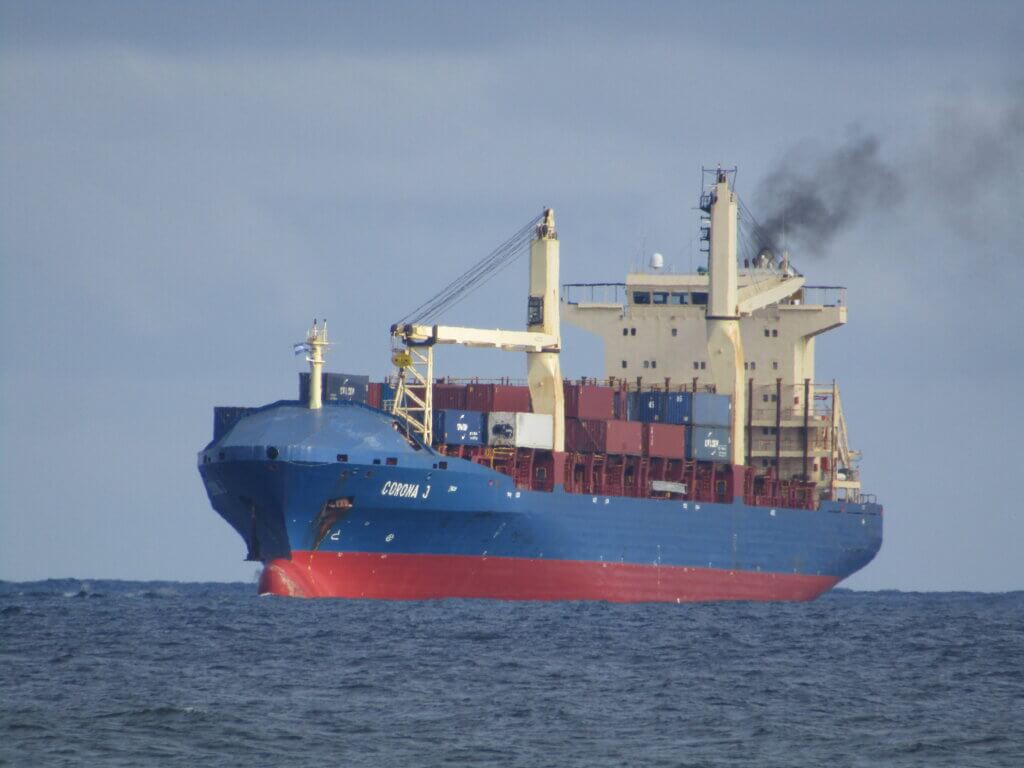The Case Against the Jones Act

Cargo Ship in Puerto Cortes, the main Port of Honduras © Luis Alfredo Romero
Many individuals who champion the cause of smaller government often emphasize the merits of a free market, but sometimes find themselves at odds with these principles due to their support for protectionist policies. Protectionism, at its core, seeks to deviate from the ideals of a truly free market where all parties can operate efficiently and without undue restrictions. Instead, it tilts the scales in favor of domestic businesses. Unfortunately, protectionist laws do little harm to foreign businesses, but they do a disservice to the American consumer by needlessly inflating prices on foreign products.
Enter the Jones Act, a piece of legislation draped in the guise of national security since its enactment in 1920. Yet, it’s clear that beneath this façade lies a protectionist measure, designed to bolster the US-based shipping industry at the expense of American consumers. This law prohibits ships that are not entirely owned, constructed, and crewed by Americans from sailing directly between US ports. The fact that the government itself acknowledges the detrimental impact of this law is evident in the routine temporary waivers of the Jones Act during natural disasters, allowing relief supplies to flow more freely. If such waivers are beneficial during crises, why should they not be beneficial at all times? Recent attention was drawn to this issue when the President initially declined to grant a waiver to Puerto Rico following Hurricane Maria.
Territories like Puerto Rico, as well as the non-contiguous states of Alaska and Hawaii, suffer disproportionately due to this legislation. They face exorbitant costs when shipping goods from the mainland, exacerbated by the policy discouraging foreign vessels from docking at their ports. This is because foreign ships, once they dock in Puerto Rico, would be prohibited from traveling to the US mainland, where the consumer base is vastly larger. However, even the mainland is not immune to the adverse effects of the Jones Act. Allowing greater freedom in the shipment of goods would not only reduce costs but also ease the burden on our roadways, particularly since most major population centers are located along the coastlines.
One could even argue that the very US shipping industry that supports and champions this law would be better off without it. Embracing open competition would likely drive them to improve efficiency and foster innovation in order to remain competitive, which is the hallmark of any industry’s growth and development.
